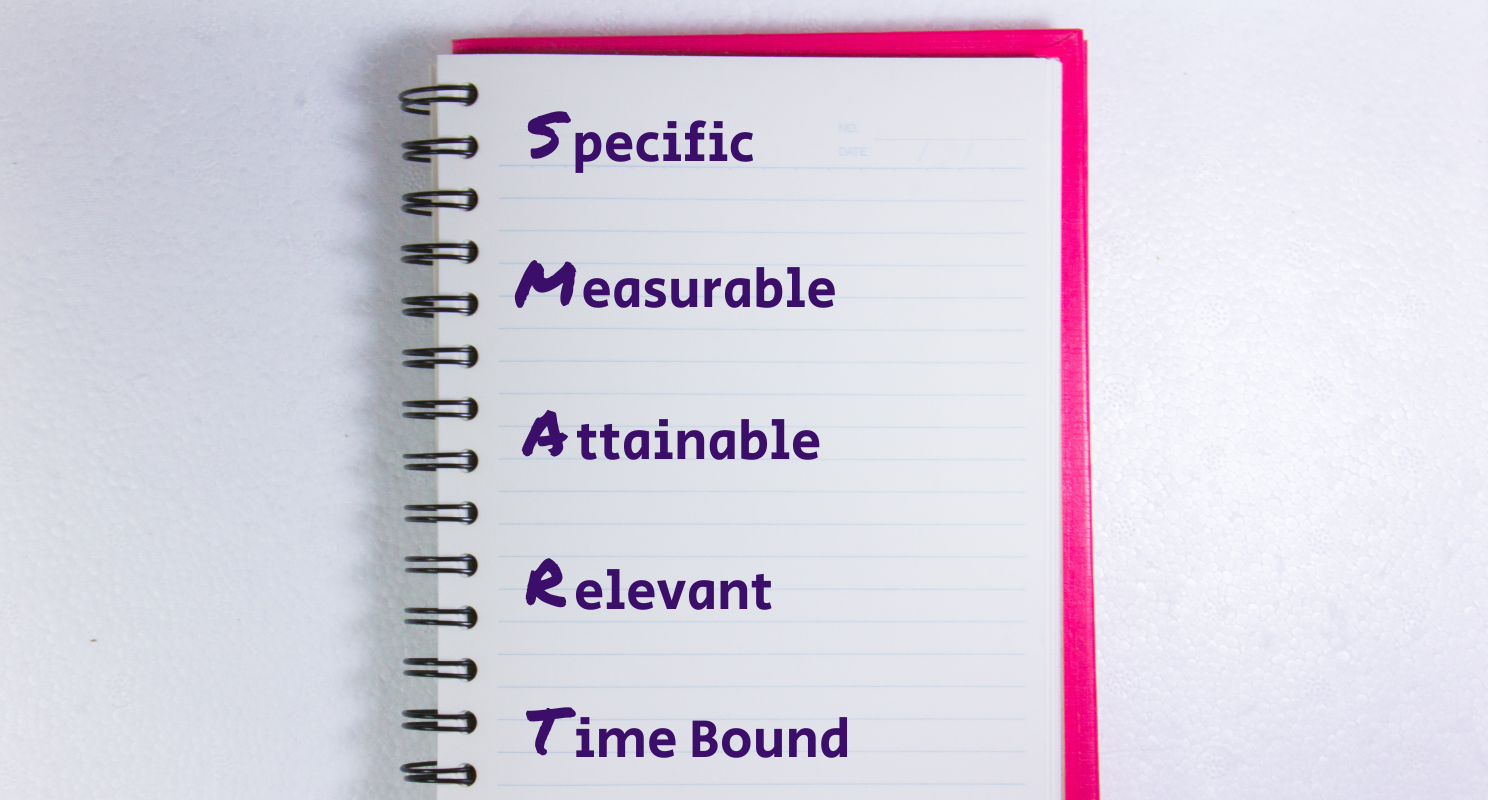At one point or another, you’ve likely been asked to describe “where you see yourself in five years.” For those without a clear plan, this line of questioning can inspire a little bit of panic, but looking ahead really doesn’t have to be scary.
By putting a detailed career plan into action, you’re taking charge of your own destiny (a little cliched, but it’s true)! If you’re after a way to turn your ambition into measurable success, this is the way to do it.
To help you take the first steps, Explore Careers has created the ultimate career planning guide. So, read on, start goal setting, and see how far your career plan can take you!
Career Plan Definition:
Career plans are incredibly useful when it comes to future planning. Not only do they help you outline your career goals, but they also include all the steps necessary to get you to where you want to go!
In short, career plans are often defined as personal roadmaps for both personal growth and professional life. They draw upon your strengths, weaknesses, and ambitions to help you land the career of your dreams. This is particularly helpful for students who want to start planning their futures (we’re looking at you, years 12 and 13!).
How to Make a Career Plan
Even when you have the definition of a career plan down pat, it can still be a little tricky to know where to start; that’s why we’ve put together a series of steps and questions to kickstart your career planning process!
Once you have all of these answered, you’ll have the essential elements of your career plan sorted.
Step One: Know Yourself
When planning your future, it’s crucial to know yourself, your strengths, and your weaknesses in order to pick your perfect role. So, answering these questions first will set the foundations for a great career plan!
- What are your strengths?
- What are you most skilled at?
- What are your interests?
- What are your key principles and values?
- What do you consider your weaknesses?
- What kind of tasks do you really dislike?
Answering all of the questions in this section will help you figure out your aptitude for different industries and, subsequently, nail down your dream job! If you’re still feeling a little unsure, head straight over to our very own career quiz today!

Step Two: Know Your Preferred Industry
Once you have your dream job (or industry) locked down, it’s time to brainstorm on how you’re going to infiltrate it. Use the following questions to form your career plan of attack:
- What skills relate to my chosen field?
- What level of education do professionals in this industry need to complete?
- What entry-level positions can lead to my ultimate dream role?
- Do any companies offer pathways to this role?
- How competitive is this industry? How can I set myself apart from other applicants?
Thoroughly researching your dream career is crucial; without these answers, completing step three would be near impossible.

Step Three: Set Your Goals
After you’ve done all of the theoretical work, it’s time to put your career plan into action! Set the following goals to get your career journey on the right track:
- 3-6 Month Goal
- 6-12 Month Goal
- 2+ Year Goal
When forming your actionable goals, you’ll want two short-term goals and one long-term goal. This way, you’ll be set up for sustained, result driven progress that should land you your dream role!
For example:
- 3-6 Month Goal: Decide what apprenticeship certification I want to do.
- 6-12 Month Goal: Speak with my career advisor and find an employer for my apprenticeship before the end of the year.
- 2+ Year Goal: Complete my apprenticeship and achieve my certification!

Another top tip for goal setting is to use SMART Goals. For those unfamiliar with this term, SMART stands for:
Specific – Get down to the nitty-gritty and be clear when identifying your goal.
Measurable – Define how you’ll be measuring your accomplishments and success.
Attainable – Goals should be doable; try not to pick something you have a super slim chance of achieving.
Relevant – Make sure the goals are relevant to attaining your dream career.
Time Bound – Commit to a specific time frame. Don’t let it drag out!
Career Plans: Frequently Asked Questions
1. Why are Career Plans Important?
Career plans can help you decide which classes, extracurricular activities, work experience, internships and education pathways to pursue in order to land your dream job. Instead of leaving things to chance, career plans set out a distinct plan for your future!
2. When Should I Start Making a Career Plan
According to our trustworthy sources, the best time to start planning your career is now! The sooner you put your plan into action, the sooner you’ll be able to infiltrate your dream industry. So, what are you waiting for? Start making your career plan today!
3. Career Plan vs. Career Objectives: What’s the Difference?
A career goal is usually an achievable, long-term outcome that takes a considerable amount of work, whereas career objectives are specific and measurable steps taken to achieve the broader goal. Thus, You have to tick off a few objectives to reach your career goal.

Common Career Plan Mistakes
If you formulate your career plan correctly, you’ll only need to do it once, and you’ll likely see some great results! However, we’ve put together a list of a few common mistakes you’ll want to avoid to make sure you start out on the right track!
- Aiming for vague or unrealistic goals
- Neglecting your long-term career aspirations by focusing on now
- Rushing the process and skipping crucial steps
- Ignoring industry changes and challenges
- Attempting to go it alone (without the support of others)
Go Ahead and Get Planning!
With all of the info we’ve packed into this article, it’s safe to assume that you’re now a career planning pro, and ready to get started. So, don’t put it off; there’s no better time to create your career plan than right now!
